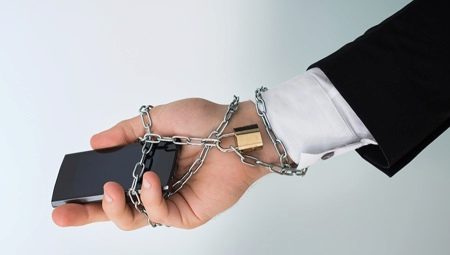One of the youngest phobias is the pathological fear of losing a gadget, completely discharging the battery of a digital device, disconnecting the Internet, losing mobile communications, and the inability to communicate via instant messengers. To start treatment, you need to understand the characteristics of the disease and the causes of its occurrence.

Features
Nomophobia is the fear of being left without a smartphone, tablet, computer, or being away from a digital device. The term appeared in 2008 based on the abbreviation of the English words no mobile phone phobia. In translation, the phrase looks like this: mobile phone phobia.
In the age of information technology, most people feel the need to be in constant contact with relatives and friends, to be able to periodically access the Internet, enjoy music, watch movies, use various games.
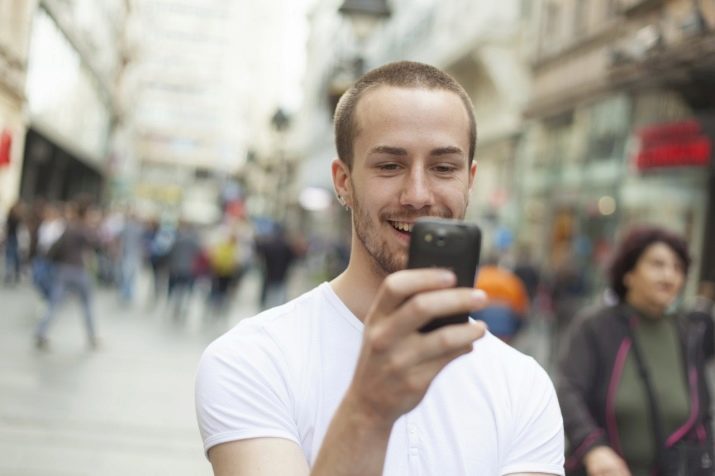
Nomophobia is closely related to smartphone addiction. But unlike a simple mobile addiction with phobia, the absence of a nearby phone causes nervous tension and extreme stress right up to a panic attack.
An ordinary person dependent on a cell phone has nothing to do, nowhere to put his hands on. A phobic sufferer experiences tremendous psychological discomfort, accompanied by characteristic symptoms. A person is under great stress when you need to turn off your smartphone at an important event, meeting, in a temple, theater, airport, hospital.
The phone is always nearby. Even while taking a bath, the iPhone should be visible in a nearby location.After waking up, a person first sees the screen of the gadget and only then everything else. Before going to bed, the phone screen is the last one seen by the nomophobe of the day.
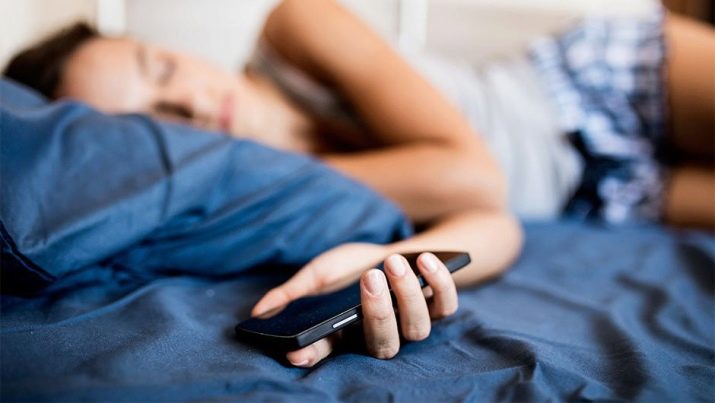
Some are afraid to stain the smartphone, as the screen may stop responding to the touch of your fingers.. Prevention of this fear is usually covering the screen with a protective film or special glass. The panic fear of getting the phone dirty, losing it, not having a charger on hand in case the mobile device is completely discharged indicates a clinical picture of the disease.
A man is ready to spend a lot of money on the acquisition of the latest model, various accessories to it. Some in case of failure of the mobile device acquire one more. With two phones, a person feels completely safe.
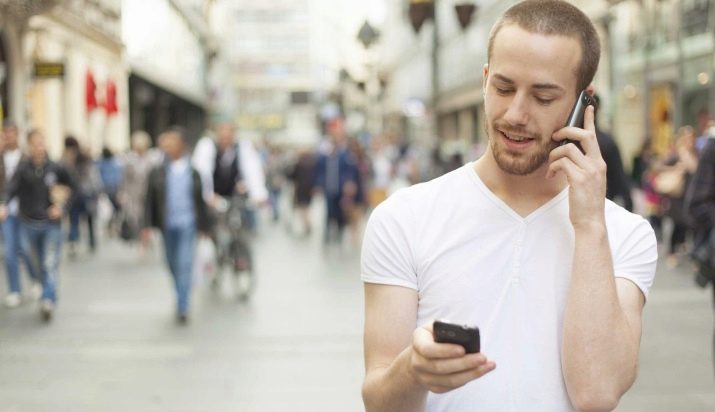
The desire to own a computer, tablet, several gadgets leads some people to large financial debts, numerous loans, which cause a lot of problems.
It should be noted that some are afraid of losing the phone due to secret information stored in it or too personal information. Others fear that in the absence of mobile communications they will not be able to call an ambulance and other help in case of emergency. Such fears often develop into a phobia. Dependent people do not let go of their mobile phones or endlessly take them out of their purses or pockets.
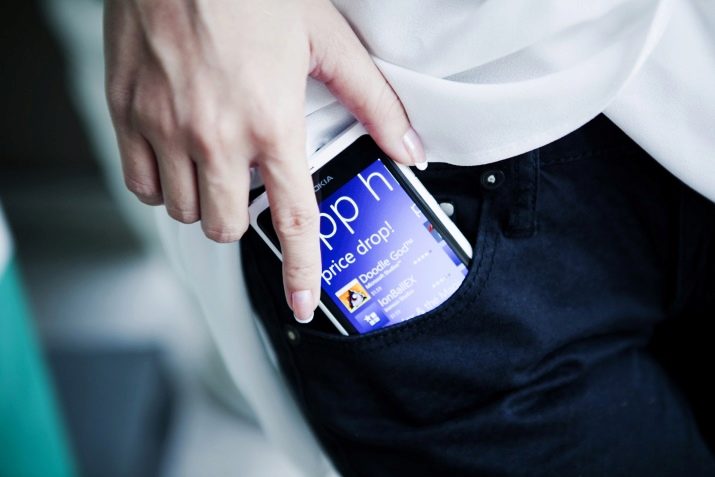
Overuse of digital devices often results in pain in the hands, elbow joints, and neck.
A person can always check for their own dependence on a smartphone by disconnecting it for exactly one day. If he feels just uncomfortable, as with a power outage, then this condition is not an addiction. This addiction is characterized by the substitution of a real life gadget, a painful response to the lack of mobile communications. In this case, it is not the person who controls the digital device, but it controls the person.
The disease is observed not only among those living in large cities, industrial centers, but also among rural residents of sparsely populated areas. Some people manage to respond to comments on social networks and to do mailings while performing some kind of everyday actions. It is not entirely pleasant to communicate with a person whose nose is constantly buried in the gadget.
Phobias associated with losing your phone are especially dangerous for children and adolescents. An unstable nervous system can lead to serious mental problems.

Causes of occurrence
Phobia of fear of being left without a mobile phone may appear for various reasons.
- The life of a modern person is inextricably linked with the gadget, which stores photographs, favorite books, videos, songs, working documents. Special reminders will tell the birthdays of relatives and acquaintances, they will notify you of the scheduled meetings on time, and will signal the need to take the medicine. Having trusted in a universal mobile device, a person may not have a lot of unnecessary information in his head, so the loss of a smartphone is perceived so painfully.
- Virtual life pushes reality to the background. Spending a lot of time on social networks, viewing and evaluating photos of friends and even strangers, comments, continuous correspondence, replies to messages from fans and fans turn a life without a smartphone even for one hour into a tragedy.
- The ability of indecisive and shy people to have many friends and buddies on social networks. The gadget helps create the illusion of their wide range of contacts. Fear in the real world of being alone contributes to the formation of phobias.
- Often unresolved personal problems and the refusal to find ways to resolve them lead to a desire to live in a virtual world.In addition, there is the opportunity to impersonate a completely different personality, to hide behind a pseudonym.
- Desire to achieve popularity, feel like a star encourages some to blog, upload videos, photos.
- Self-esteem appears due to receiving frequent messages, calls. Lost feelings in real life are compensated in the virtual plane by means of a phone, tablet, computer and other digital devices.
- Low self-esteem in the absence of comments on social networks, provokes a sense of uselessness and worthlessness, contributes to the formation of fear of falling out of virtual communication.
- Getting any help through a mobile device causes a feeling of calm. The search engine provides an opportunity to get an answer to any question. By phone you can buy the necessary thing, pay utility bills and other services. The absence of such insurance is horrifying and contributes to the appearance of a phobia.
- Hard work schedule, the need to always be in touch contributes to a painful response to lack of communication, which ultimately leads to anxiety disorder.
- The possibility of increasing social status with a digital device. The high price of a gadget sometimes exceeds the salary of a person, so the loss of an expensive device can trigger a phobia.
- Intrusive adware It forms the concept of immature people about the impossibility to exist without a mobile phone.
- Teenagers often succumb to herd feelings. They do not want to lag behind fashion. The incorrect alignment of values sometimes makes children and adolescents consider a new-fashioned iPhone a symbol of prosperity. The lack of a smartphone forms a feeling of one’s own inferiority.
- Negative experience with a lack of mobile communications at a crucial or dangerous moment for a person, he may form a lifelong phobia.
In more detail about the causes of nomophobia will tell the following video.
Symptoms
Sometimes a person has a panic attack from just one thought that he will have to remain without mobile communications for a long time, for example, due to a long hike, ascent to the top of the mountain or a trip to the forest for several days or even weeks. When a gadget is lost at the employee’s workplace in search of a lost phone, they appear excessive fussiness and loss of control over their behavior, he scatters documentation and creates complete devastation.
Anxiety disorder is characterized by the following physiological symptoms:
- trembling hands;
- chills;
- feeling of lack of air, frequent breathing;
- increased sweating;
- heart palpitations;
- discomfort in the chest area;
- confusion of thoughts;
- dizziness;
- respiratory disorders.

Psychological symptoms:
- increasing excitement;
- strong emotional arousal;
- distraction, lack of concentration;
- irresistible longing;
- feeling of irreparable loss;
- desire to immediately rush in search of a mobile phone;
- depression;
- bad sleep;
- panic attacks.
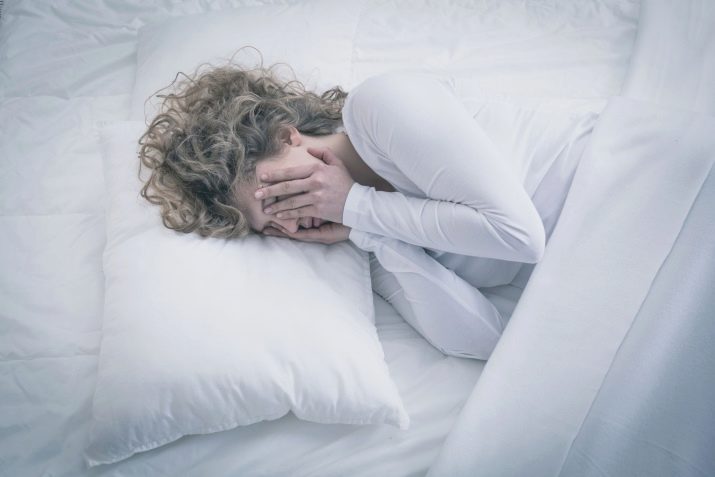
There are indirect signs of a phobia:
- advance payment for cellular communications;
- regular check of the smartphone;
- increased anxiety while reducing battery charge;
- unreasonable systematic verification of email;
- the need for regular viewing of the news feed;
- addiction to social networks;
- desire to keep abreast of all the innovations of world cellular technologies;
- loss of interest in other areas of life;
- fear of losing, staining, scratching, or breaking the phone.
Treatment methods
Fear of being left without a phone depletes the nervous system. Anxiety, suspicion of children and adolescents should alert parents and become an occasion to contact a child psychologist.

According to surveys, it is children and adolescents who are most affected by the fear of a possible lack of a smartphone. They are followed by an age group of 25 to 34 years. The third place is occupied by people of pre-retirement and retirement age from 55 years and above.
Only a qualified specialist will help get rid of the disease. There are modern effective treatment methods that combine cognitive-behavioral psychotherapy with medications.
New psychometric scales for the diagnosis of phobia have been developed. One of such scales is called “Questionnaire and test for dependence on mobile phones (QDMP / TMPD)”.
Self help
If you find yourself dependent on the phone and the first signs of a phobia appear, you must try to return yourself to the real world. You need to switch to your hobbies, find a suitable hobby, load yourself up, make new friends, resume watching movies in cinemas, attend entertainment events.

Helping yourself is to voluntarily give up your smartphone. You should gradually unlearn the phone addiction. First you need to remove the gadget for half an hour. If difficulties arise, you can ask relatives to hide the phone. The next day, you can deprive yourself of using a smartphone for an hour or more.
And so increase the duration daily. Subsequently, you need to arrange a day completely unloading from the phone. Time without a gadget can be used for reading, drawing, sewing and other interesting things. It is advisable to organize a walk in the park or visit the museum without a phone. Classes in gymnastics, yoga, aerobics, dancing, swimming reduce mental stress, help deepen breathing and calm the body as a whole.
Meditation, listening to pleasant calm music and auto-training help to overcome your own fear.

Human life should not be focused on one mobile device. Photos can be stored on a flash card, write the necessary contacts in a notebook, communicate on social networks - no more than two hours a day.
Psychologists recommend the following effective techniques:
- to wake up in the morning on time it is advisable to buy a real alarm clock, and not use a gadget for this purpose;
- you need to abandon the habit of carrying a smartphone with you throughout the apartment;
- it is best to take a certain place for the phone in a box or basket;
- no need to take the phone to the bathroom or toilet;
- it would be nice to leave the mobile device away from the bed at night, preferably in another room, or turn it off;
- to remove the gadget from a bag or jacket during working or school time is necessary only in case of emergency;
- It’s important to train yourself to turn off the sound more often for various notifications;
- Once a week you need to visit the place where it is recommended to turn off the gadget;
- it is advisable to install only one game on a smartphone and spend no more than half an hour a day on it;
- It is highly recommended to reduce the number of applications.
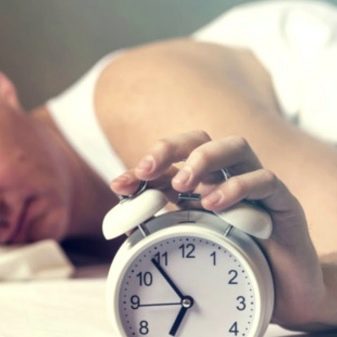
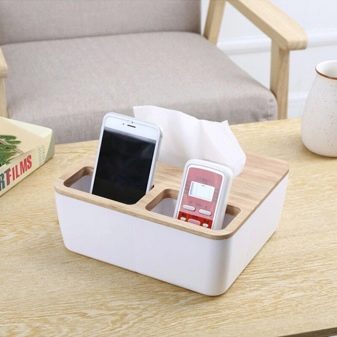
When waiting for a possible call from the boss, psychologists advise you to warn management and work colleagues about disconnecting the phone in the evening.
Psychotherapy
In severe cases, you must contact a qualified specialist. The therapist can apply the approach to reality. The patient needs to focus on behavior without using the gadget.
During the sessions, the specialist promotes a cardinal transformation of character and personality portrait. After a detailed study of the inner world of a person and the factors that provoked the onset of anxiety disorder, the specialist works on transforming destructive thoughts and eliminating a non-functional style of behavior. Psychotherapeutic methods are aimed at getting rid of internal complexes, increasing self-esteem, harmonious interaction in society, and finding healthy hobbies.
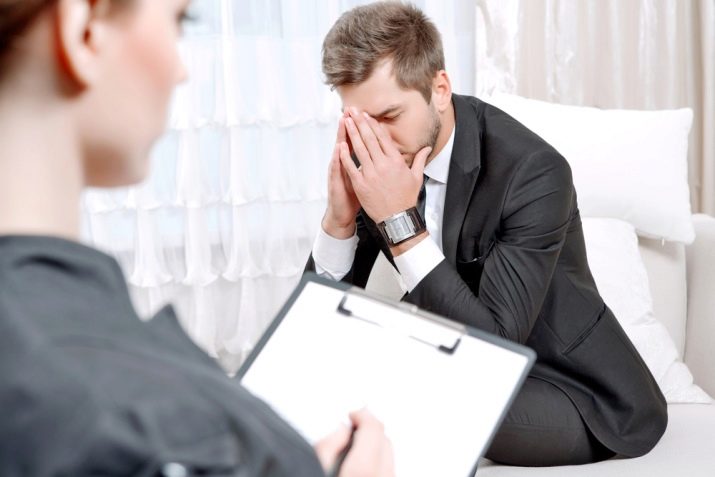
Medicines
If the fear of losing your phone provokes hysteria, depression and the appearance of obsessive thoughts, the therapist can prescribe medication:
- sedatives - to normalize sleep and reduce stress;
- tranquilizers - to eliminate anxiety, obsessions, intense fear for a smartphone;
- antidepressants - to combat increasing depression;
- B vitamins - to strengthen the nervous system.
Medications reduce anxiety disorder, but do not completely eliminate the problem. It is necessary to receive complex treatment.

